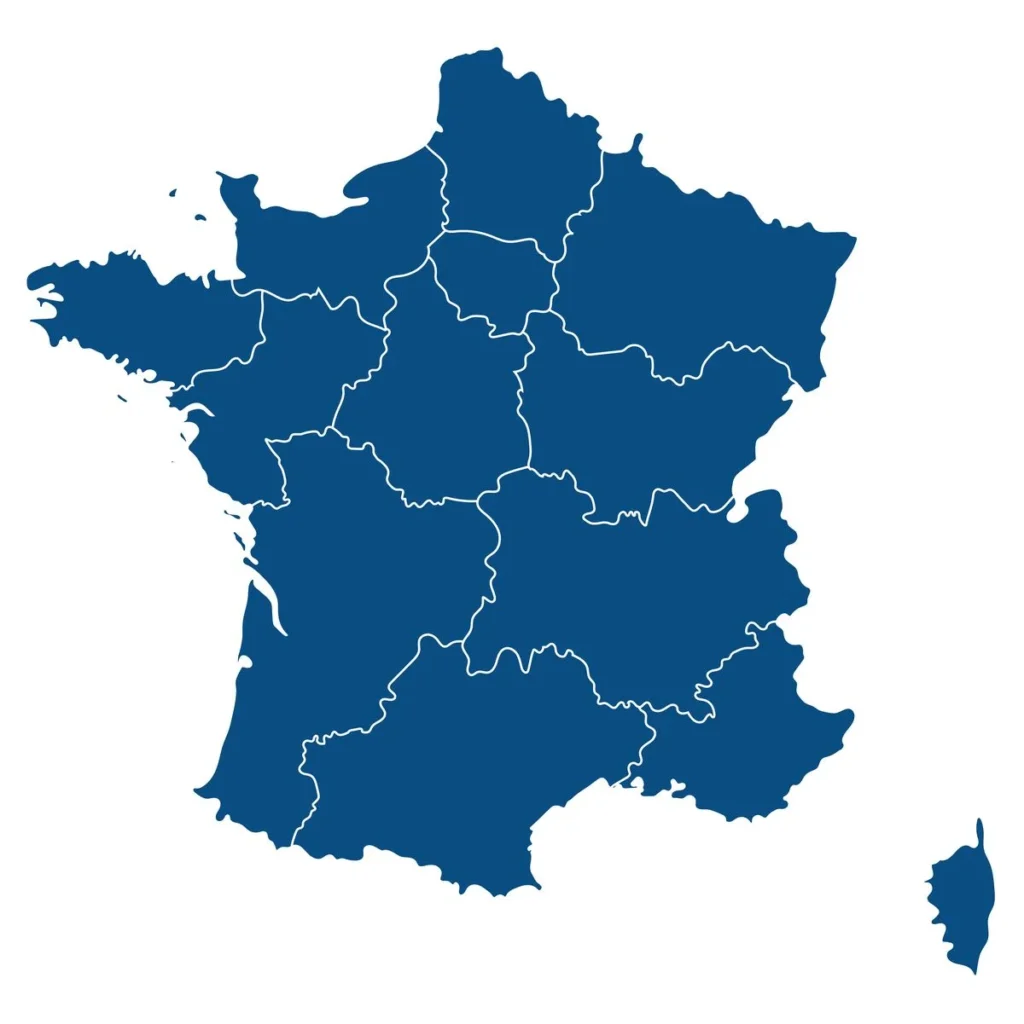Are you a healthcare professional considering working in France?
Whether you’re a doctor, nurse, pharmacist, dentist, physiotherapist, or another type of practitioner, this idea often raises many questions — both professional and personal. It’s true that France offers several advantages: strong social security coverage, generally attractive salaries, a wide variety of practice settings, and a healthcare system known for the quality of its facilities. Here are the first questions you should be asking yourself.
1. Recognition of Qualifications
The starting point for any relocation process in France is the recognition of your qualifications. If your degree was obtained in an EU country, it may be eligible for automatic recognition under European directives. This recognition mainly concerns the knowledge acquired during your training. However, in some cases, an assessment of your skills may be required.
Registration with a professional council (such as the Medical Council, Nursing Council, or Pharmaceutical Council) is a necessary step to be able to practice, and this registration may depend on completing that additional evaluation.
2. Proficiency in the French Language
The ability to communicate effectively in French is essential for working in the healthcare field in France. It’s necessary for patient interactions, coordination with other professionals, and handling numerous administrative procedures. A language proficiency certificate may be requested, but the requirements vary depending on the profession, specialty, and institution. In all cases, a good command of the language remains a key factor in a successful experience abroad.
3. Professional Integration into the Health System
The French healthcare system operates on a mixed model, combining public and private sectors. This includes public hospitals, private clinics, and a large number of independently practicing professionals.
Understanding how the national health insurance system works, the coordinated care pathways, and the different remuneration systems depending on your status is crucial. Structural integration is often one of the first challenges for foreign professionals, whether they aim for a hospital career, private practice, or a combination of both.
Becoming familiar with supervisory bodies, reimbursement systems, and the specific relationship between insurance and healthcare provision will help not only with daily practice but also with contributing to public health initiatives at the local level.
4. Working Life and Practice Conditions
As in many fields, healthcare professions in France offer employment as a salaried worker. But they also provide relatively easy access to independent practice. Many practitioners are drawn to this for the autonomy it offers, though it does require a solid understanding of the administrative, fiscal, and regulatory obligations involved.
A foreign professional can absolutely choose this route, as long as they are well informed and supported.
Beyond employment status, the place of practice (city, rural area, hospital, group practice, etc.) has a major impact on working conditions, hours, and income. These aspects also vary by specialty, with differing levels of demand depending on the region.
5. Administrative Procedures
The steps you’ll need to take will primarily depend on your nationality.
EU citizens benefit from the freedom of movement, which greatly simplifies their relocation: no visa or residence permit is required to work.
However, for professionals from outside the EU, several formalities must be anticipated: long-stay visa application, obtaining a residence permit, authorization to practice, and registration with health authorities.
In all cases, additional steps are needed: opening a bank account, taking out insurance, registering for public health insurance, fulfilling tax obligations, getting a social security number, etc.
Finding housing is often one of the most significant challenges for expatriates. Landlords tend to have strict requirements, and the financial guarantees expected can be a hurdle, especially without an existing credit history in France. Finding suitable accommodation near work or key services requires time, organization — and often, some guidance.
6. Social and Cultural Integration
Working in France also means living there and becoming part of society. France is the largest country in the European Union by area and has about 68 million inhabitants. It’s divided into 13 metropolitan regions, each with its own unique culture, climate, population density, and quality of life.
Paris naturally attracts many newcomers, but other cities — quieter or more affordable — may offer excellent professional and personal opportunities. Choosing where to live deserves serious thought and perspective.
Understanding local customs, adapting to social norms, finding your place in a new community, enrolling your children in school, or bringing your family: all of these are part of the integration process. They require time, openness — and often, a bit of patience.
The 13 Metropolitan Administrative Regions (including Corsica)
| Auvergne-Rhône-Alpes | Bourgogne-Franche-Comté | Brittany |
| Centre-Val de Loire | Grand Est | Hauts-de-France |
| Île-de-France | Normandy | Nouvelle-Aquitaine |
| Occitanie | Pays de la Loire | Provence-Alpes-Côte d’Azur |
| Corsica |
Learn more about how the French regions have evolved on Wikipedia.

If you’re planning to work in France, knowing the geography and regional layout will be a real asset…
What’s Next?
Moving abroad is an exciting but sometimes complex adventure. Between administrative procedures, career decisions, practical constraints, and cultural adaptation, the challenges can seem overwhelming.
The HCP eXchange concept was created to support healthcare professionals at every stage of this journey — from evaluating the project to settling in, including help with diploma recognition, registration with the professional councils, and finding housing.
With an innovative approach, we’ll help you overcome the most common difficulties of expatriation and lay a solid foundation for your professional future in France — if you decide to extend the experience.


